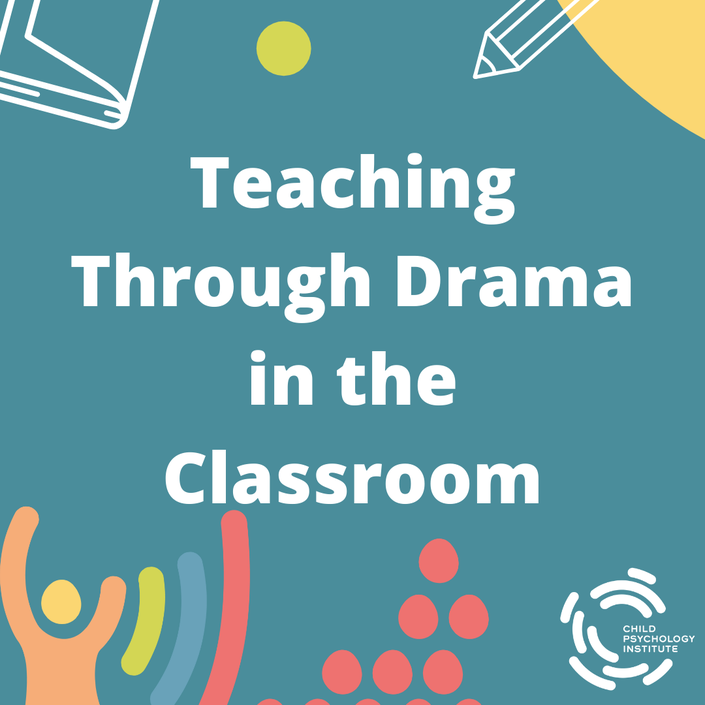
Teaching Through Drama in the Classroom
Learn how to engage your students through meaningful teaching methods
In the context of the primary school, educational drama is not to be confused with what may be termed ‘performance drama’. Educational drama, as it is envisaged in the curriculum, is a creative process that allows children to explore the full potential of drama as a learning experience. It is improvisational in nature and has as its aim a quest for knowledge that involves every aspect of the child’s personality: spiritual, moral, emotional, intellectual and physical. In making this drama the child enters an imagined context (the drama world), through enacting a fiction about characters in certain circumstances, at some particular time and in some particular situation, and so can explore in a unique way conflicts, issues, consequences, attitudes, emotions, concerns and preoccupations that are important to the understanding of real life” (DES, 1999).
This course objectives are:
- Develop an understanding (and a passion) for drama principles and for using drama in the classroom
- Explore how using “alternative” (non-traditional) methods of teaching can benefit pupils and why this is the case
- Become aware of the Department of Education and Skills (DES) guidelines on the use of teaching through drama in the classroom, and its various strands
- Learn about the issues that drama may help with in the classroom
- Become familiar with the 7 key benefits of working through drama
- Gain practical ideas for implementation across most subjects
- Hear an account of how drama supported a child in a real-life scenario and how this impacted his world
Your Instructor

Dr Lorraine Lynch is the Clinical Director of the Child Psychology Institute (CPI). She holds a Professional Doctorate in Health Psychology from London Metropolitan University (LMU) and is accredited by the HCPC and BPS. Her research thesis was based on the lived experience of children with Dyspraxia/Developmental Coordination Disorder (DCD) from the perspective of their parents. During her doctorate training, she completed placements in the private sector working on breastfeeding advocacy and support, and also within the NHS (Kidderminster Hospital, Birmingham) working on the promotion of digital health solutions. Dr Lorraine has won numerous awards within the social innovation and enterprise space, receiving a Social Entrepreneurs Ireland award in 2014, Enterprise Ireland's New Frontiers Award in 2021 and Network Ireland 'Power Within Champion' Award in 2022. Dr Lorraine is also the author of two books designed to promote children’s wellness - #100happydays4kids and Closing Saor’s Day.
Her most important role is a mother to three smallies, who serve as a constant reminder of how much potential exists within each child.
“Even the tallest trees always begin as a seed.” A. J. Darkholme
